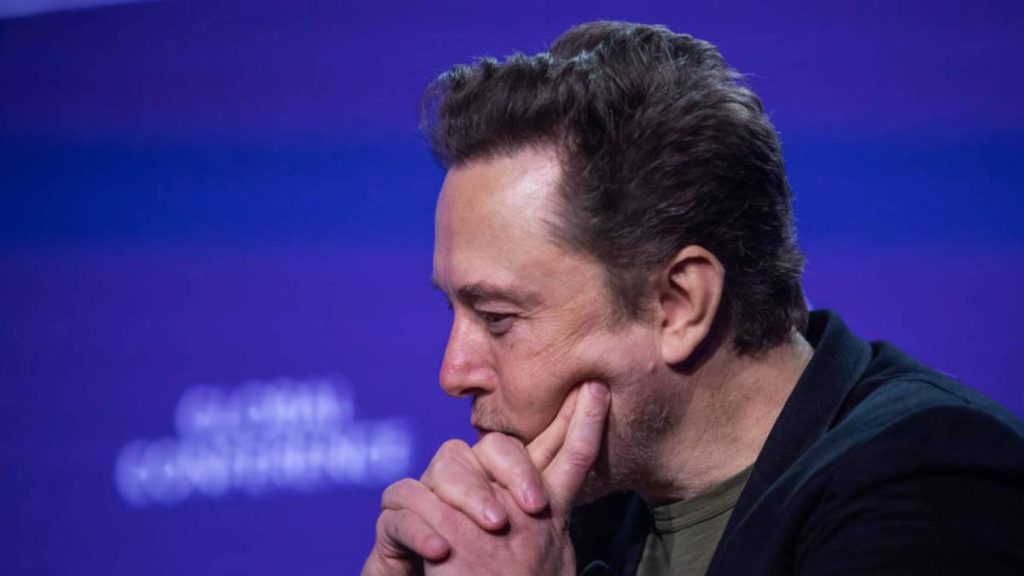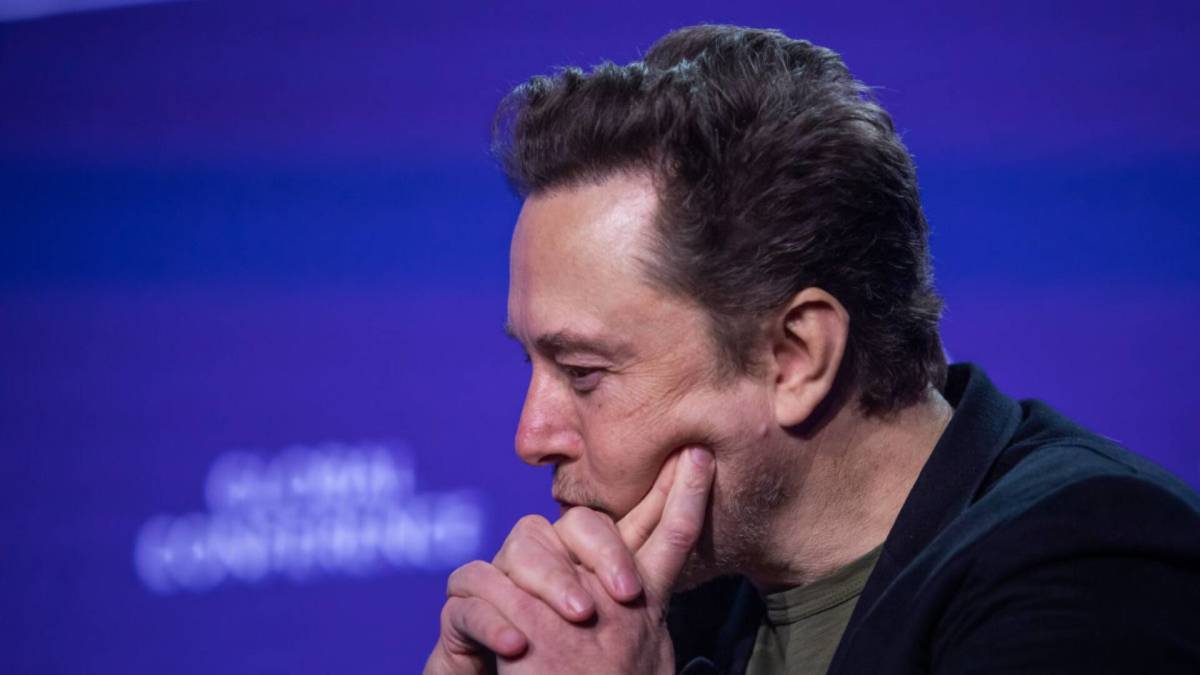Tesla rival gets good news as robotaxi launch looms

The world of self-driving cars is quickly evolving, as a leading automaker prepares for a historic event.
After months of teasing it, Tesla (TSLA) is preparing to officially roll out its fleet of autonomous vehicles in Austin, Texas, and its loyal fans are watching closely. CEO Elon Musk has hinged a lot on this self-driving technology, as the company works to usher in a turnaround after months of volatility.
💵💰Don’t miss the move: Subscribe to TheStreet’s free daily newsletter💰💵
Despite all the recent focus on the Tesla robotaxi debut, Musk’s company isn’t the only automaker that’s been working hard to pull ahead in the driverless race. Waymo, a subsidiary of Google parent Alphabet, has successfully put self-driving cars on the road in multiple major cities.
Now, a new report has highlighted some of the economics of the self-driving car market, providing key insights into a key area that sparked concern among some financial experts.

Image source: Apu Gomes/Getty Images
Investors are about to learn the economics of self-driving cars
As areas such as artificial intelligence (AI) have advanced in recent years, the rise of self-driving vehicles has seemed inevitable. Elon Musk, known for his focus on futuristic technology, has helped champion it, even though Tesla is currently still behind Waymo in the driverless race.
Related: Tesla faces new challenge as leader announces exit
Granted, that may change as Tesla’s robotaxi offically enter the market. They won’t be operating fully autonomously, however, as the cars will come with a teleoperator standing by to assist if necessary. As experts have told TheStreet, this means they can’t be considered fully self-driving.
The industry recently received some good news that suggests Waymo is in an excellent position to continue expanding. Market research Obi has published a report on the state of the industry, providing a detailed analysis of its economic elements, with a focus on Waymo, Uber (UBER) , and Lyft.
The report’s authors highlight Waymo’s undeniable growing presence in San Francisco, a city synonymous with technology and innovation. They also reveal a shocking statistic that bodes extremely well for self-driving technology adoption, but specifically for Waymo: consumers are very willing to pay for a driverless experience.
“Waymo rides cost 41% more than Lyft and 31% more than Uber on average when comparing pricing at the same time and across the same routes,” the report states. “Waymo also shows the highest price variability with a standard deviation of $3.65, suggesting that its pricing algorithm is more influenced by factors like ETA, consumer demand, time of day, etc.”
More Self-Driving Car News:
- Tesla’s robotaxi rollout is alarming the public, new report shows
- Latest Waymo setback raises serious questions about its future
- Tesla is on track to massively disappoint fans this summer
The authors add that overall, Lyft remains the least expensive rideshare option, offering a $14.44 mean average fare, while Uber’s average price is $15.88 and Waymo’s is $20.43. But even with that price increase, Obi’s data makes it clear that an increasing number of consumers are willing to pay for a ride in a Waymo vehicle.
Waymo customers are embracing driverless technology
Given the nationwide excitement surrounding the rise of self-driving cars, it likely won’t surprise most people that Waymo is enjoying this type of success. But the report shows that customers aren’t just willing to pay more for a car with no driver. Surprisingly, they are willing to wait longer for it.
Related: Elon Musk company reveals major leap forward
While discussing the factor of estimated time of arrival (ETA), Obi highlighted this area, often one that plays into a consumer’s decision to take a rideshare or traditional taxi cab, stating:
“ETA is the second most important factor in rideshare selection for consumers after price. Waymo, due to fewer cars, can have significantly longer ETAs, as well as higher prices in peak hours, showing that consumers who do choose to use a Waymo at these times are driven by a strong preference for autonomous vehicles.”
Many people are quick to complain about the high prices of ride-share vehicles and long wait times. But if the vehicle comes without a driver, it is clear that consumers are willing to overlook these elements.
The fact that Waymo’s cars are rising in popularity so quickly may be reassuring for some Tesla investors, as it indicates that demand for self-driving cars isn’t slowing down. But it also shows that the company’s primary competitor is surging in popularity and gaining market share.
Until the Tesla robotaxis start establishing a presence in multiple cities, it will be hard to assess the impact on Waymo. Other reports have shown that public trust in Tesla’s self-driving technology is low, which could further compromise the company’s chances of overtaking its early rival.
Related: The ‘anti-Tesla’ gives American buyers more good news
#Tesla #rival #good #news #robotaxi #launch #looms




